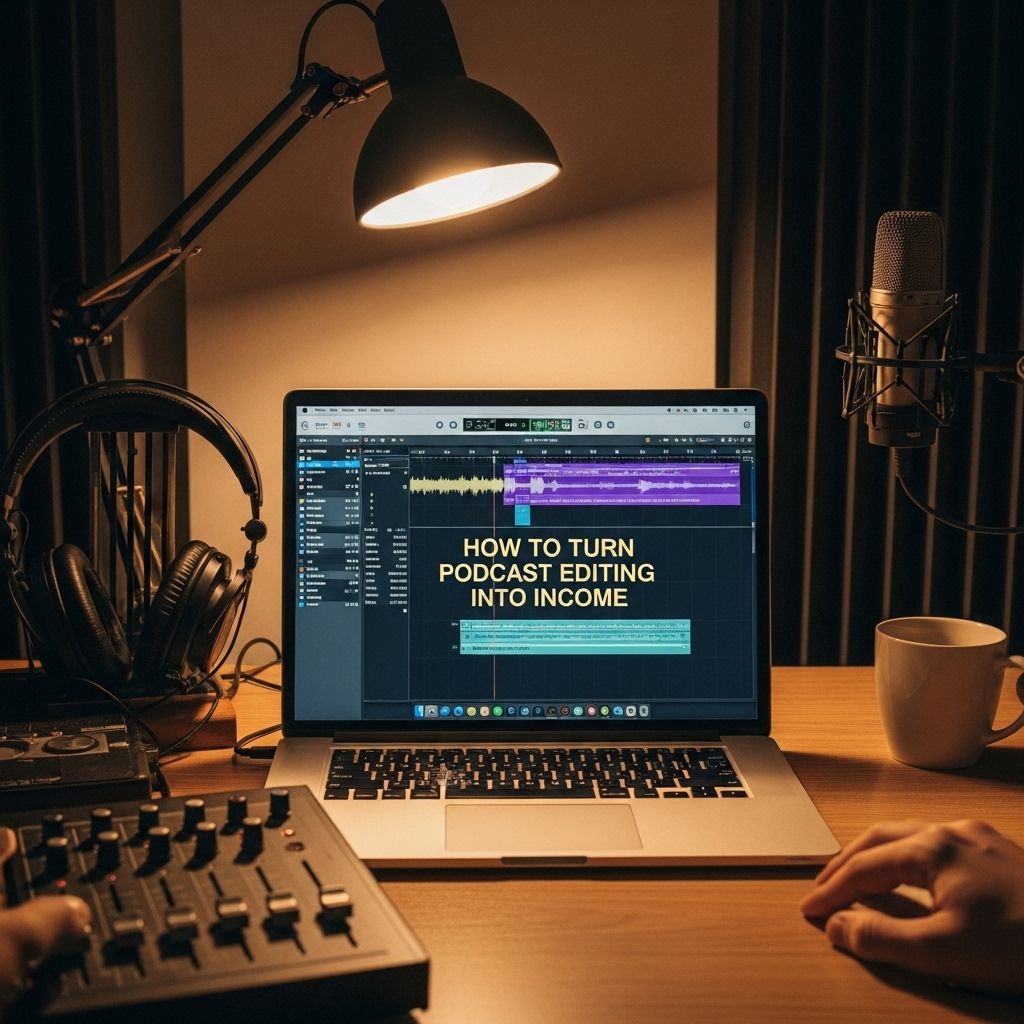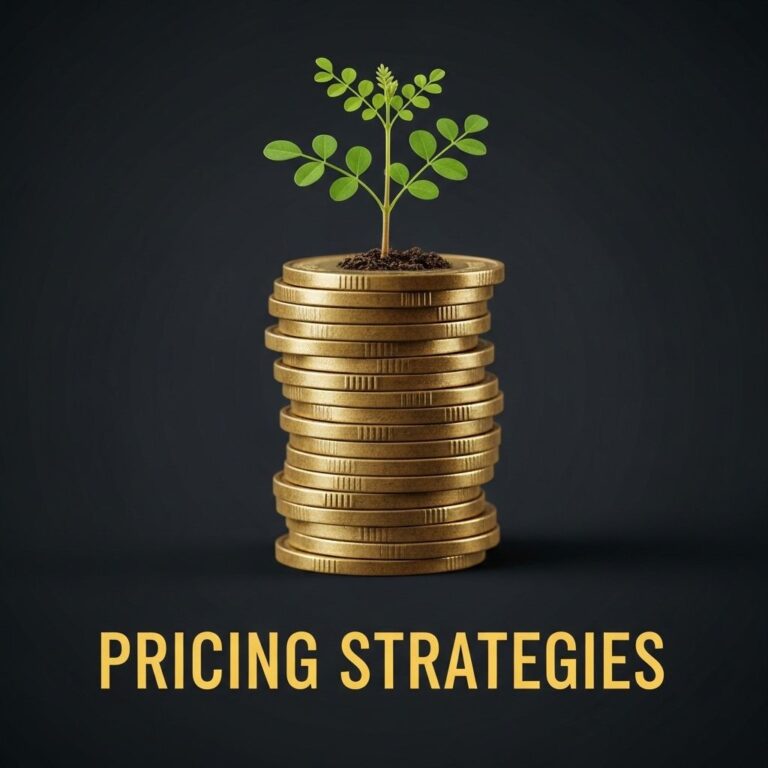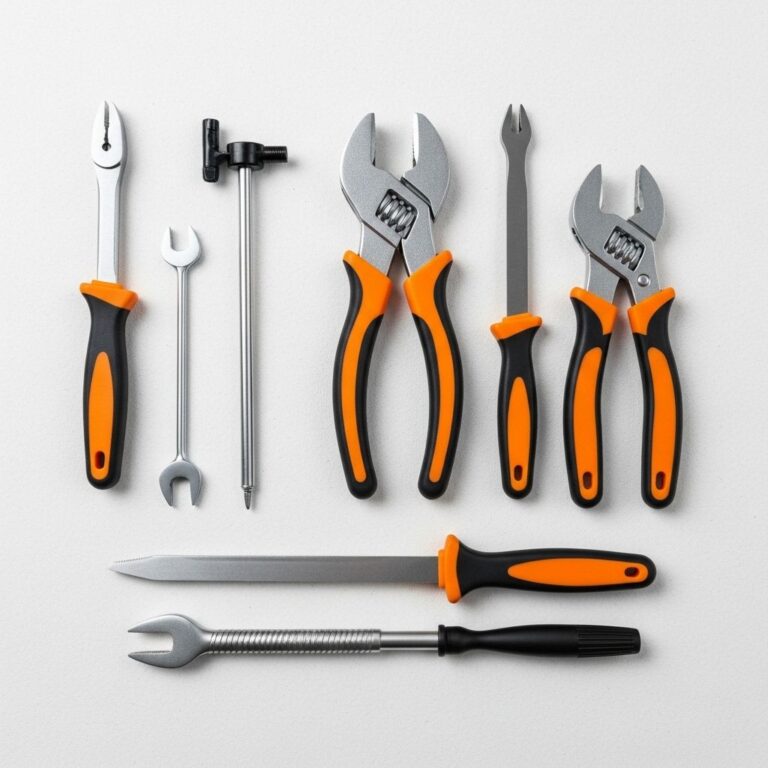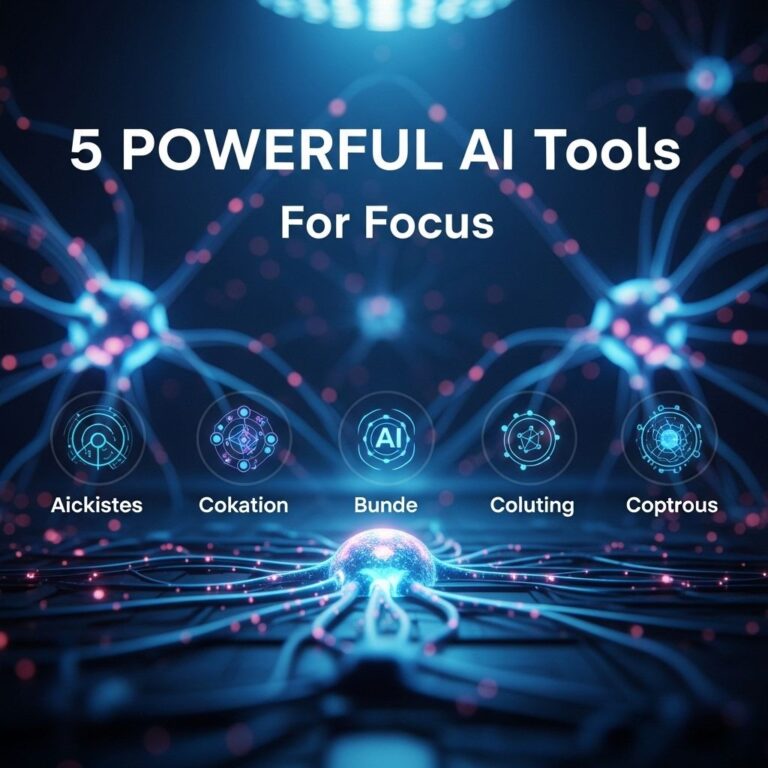In recent years, the podcasting industry has exploded, with millions of shows and episodes available for listeners worldwide. As the demand for high-quality content grows, so does the need for skilled podcast editors. If you are passionate about audio editing and want to monetize your skills, turning podcast editing into a source of income is a lucrative opportunity. In this article, we will explore various strategies, tools, and tips to help you set up a successful podcast editing business.
Table of Contents
Understanding the Podcasting Landscape
The first step in turning podcast editing into income is to understand the podcasting landscape. Here are a few key aspects to consider:
- Growth of the Industry: The podcast industry is projected to reach a market value of over $1 billion in the coming years, making it a promising field for aspiring editors.
- Diverse Content: Podcasts cover a wide range of topics, from true crime to business and personal development. This diversity increases the number of potential clients.
- Quality Matters: With so many podcasts available, quality is a crucial differentiator. High-quality editing can significantly enhance the listener’s experience.
Developing Your Skill Set
Before diving into the podcast editing business, it’s essential to hone your skills. Here are some areas to focus on:
Audio Editing Software
Familiarize yourself with audio editing software that is widely used in the industry, such as:
- Adobe Audition: A professional-grade audio editing software with advanced features.
- Audacity: A free and open-source tool that is great for beginners.
- GarageBand: Ideal for Mac users, it’s user-friendly and offers plenty of features.
Sound Engineering Fundamentals
Understanding basic sound engineering principles will enhance your editing capabilities. Consider learning about:
- Sound waves and frequencies
- Microphone techniques
- Noise reduction methods
- Equalization and compression
Practice by Editing Sample Podcasts
Start building your portfolio by editing sample podcasts. You can:
- Volunteer for local podcasters.
- Create your own podcast to practice.
- Offer free editing services to friends or community members.
Establishing Your Business
Once you’ve developed your skills, it’s time to establish your podcast editing business. Here are the steps to follow:
Define Your Niche
Identify specific niches you want to focus on. Consider:
- Type of content (e.g., educational, entertainment, interviews)
- Target audience (e.g., businesses, individuals, organizations)
Create a Strong Brand
Your brand is your business identity. Build a professional website and social media presence to showcase your services. Important elements include:
- A clear logo and design
- A portfolio of your work
- Testimonials from clients
Set Competitive Pricing
Research the market to determine competitive pricing for your services. Consider the following pricing models:
| Pricing Model | Description | Example Rates |
|---|---|---|
| Per Episode | Charge a fixed fee for editing each podcast episode. | $50-$300 |
| Hourly Rate | Charge based on the number of hours worked. | $20-$100 |
| Monthly Retainer | Clients pay a recurring fee for ongoing editing services. | $500-$2000 |
Finding Clients
With your business established, the next step is to find clients. Here are some effective strategies:
Networking
Build connections in the podcasting community. Attend industry events, join online forums, and participate in social media groups relevant to podcasting.
Freelance Platforms
Consider using freelance platforms to find clients. Some popular options include:
- Upwork: A platform where freelancers can connect with clients.
- Fiverr: Offer your editing services starting at a low price to attract clients.
- Freelancer: Another platform that connects freelancers with businesses looking for services.
Cold Outreach
Identify potential clients and reach out directly. Craft a compelling email that showcases your expertise and how you can add value to their podcast.
Building Long-term Relationships
Once you acquire clients, focus on building long-term relationships. Here are some strategies:
Deliver Consistent Quality
Ensure that every edit you deliver is of the highest quality. Consistent performance will lead to repeat business and referrals.
Communicate Effectively
Maintain open lines of communication with your clients. Regularly check in, ask for feedback, and be responsive to any concerns they may have.
Offer Additional Services
Consider offering related services to enhance your value proposition. Examples include:
- Scriptwriting assistance
- Podcast promotion and marketing
- Transcription services
Staying Updated with Trends
The podcasting landscape is constantly evolving. Stay informed about industry trends and updates by:
- Following popular podcasting blogs and news sites
- Participating in webinars and workshops
- Joining podcasting associations
Conclusion
Turning podcast editing into income requires a combination of technical skills, strategic marketing, and business acumen. By understanding the podcasting landscape, honing your craft, establishing your brand, and finding clients, you can create a sustainable income stream. Embrace the opportunities presented by this dynamic industry, and you can turn your passion for podcast editing into a thriving business.
FAQ
What are the best ways to monetize podcast editing skills?
You can monetize your podcast editing skills by offering freelance editing services, creating online courses, or starting a subscription-based model for regular clients.
Can I charge per episode or offer a monthly subscription for podcast editing?
Both charging per episode and offering a monthly subscription are viable options. It depends on your target audience and the volume of work you can handle.
What equipment do I need to start podcast editing professionally?
To start podcast editing professionally, you will need a good quality computer, reliable audio editing software, and a decent pair of headphones.
How can I find clients for my podcast editing services?
You can find clients through freelance platforms, social media, podcasting communities, and networking with podcasters directly.
Is it necessary to have a background in audio engineering to edit podcasts?
While a background in audio engineering can be beneficial, it is not necessary. Many successful podcast editors are self-taught and learn through practice and online resources.









